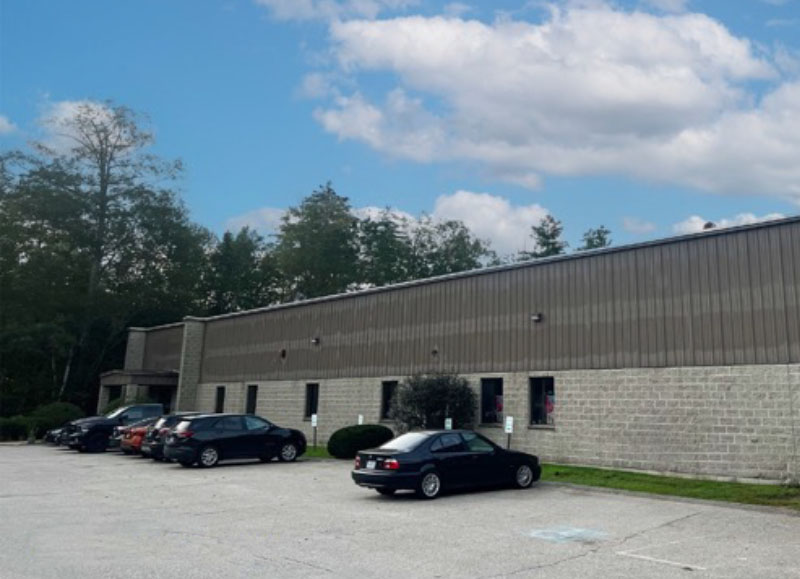News: Northern New England
Posted: July 5, 2012
Property owners and managers should have an understanding of the limits of limited liability
In the recently decided case of Mbahaba v. Thomas Morgan, the N.H. Supreme Court reminds us of the limits of the protection from liability afforded by New Hampshire's limited liability company (LLC) statute to owners of such entities. As the LLC has become the entity of choice for owners and managers of leased property, the decision offers an opportunity to review some practical lessons for minimizing personally liability and allocating risk appropriately between landlord, tenant and property manager.
Based on the language of the LLC statute, the owners of an LLC are generally not liable for torts committed by the LLC. While seemingly broad, this rule is not all encompassing. In Mbahaba, the Court ruled in favor of a tenant, a minor, who had sought to hold an owner of the property management company, an LLC, personally liable for lead poisoning from ingesting paint while living in an apartment managed by the LLC. Critical to the decision was the fact that the individual owner of the LLC had (1) personally managed the rental property, (2) knowledge of lead paint dangers, (3) knowledge that the rental property had peeling and flaking paint that probably contained lead, and (4) failed to either investigate, take steps to make the property safe or at least warn the tenant of the danger.
Due to his superior knowledge of the hazardous condition and active involvement in the management of the apartment, the Court found that the LLC did not protect the owner of the LLC from personal liability; he had a common law duty, independent from his status as member of the LLC, to not expose the tenant to an unreasonable risk of harm that could foreseeably result in injury. The Court noted that the property owner, individually, similarly may have a duty of care notwithstanding the use of an LLC to own the real estate. The Court also made clear that a landlord cannot immunize itself from the malfeasance of its property manager because its duty of care runs to the tenant.
Although the Mbahaba case confirms the general rule that an owner of an LLC is not individually liable for the LLC's tortious acts, it illustrates that this rule will only apply where the owner's involvement in the LLC's activities are essentially passive. When a member of an LLC actively participates in the business and his activity results in injury to another, the member may be personally liable.
For owners of property management companies, the decision is a stark reminder that performing management services in the form of an LLC will not, on account of the LLC alone, protect you from personal liability. All due care should be taken to avoid the situation presented in Mbahaba. Lead paint and other hazardous conditions require serious attention and all disclosure and remediation laws must be followed. For landlords, the lesson is that entering into a contract with another company to assist in leasing and managing a rental property does not completely eliminate the possibility of personal liability, even when the property is held in an LLC. Not only may an individual owner be held liable for an underlying tort if the individual owner has some active involvement with situation leading to the harm, the landlord may also be liable based on a claim of negligent hiring and retention of the manager.
Forming an LLC still offers one of the best ways to hold and manage rental property, providing the first line of defense against claims from tenants and others. As the Mbahaba case shows, however, this line sometimes may be breached. Landlords and property managers should take a few additional steps to lessen the potentially devastating financial impact of a lawsuit. For example, a landlord can better protect himself by having the contract with the property manager make the latter responsible for warning tenants of, identifying, monitoring and taking the steps necessary to remedy all unreasonably hazardous conditions at the rental property. The contract should also provide for the property manager to indemnify the landlord from and against all claims made by tenants arising from actions with the manager's scope of services. For both the landlord and property manager, another way to manage risk is to make sure that there is adequate insurance to cover potential claims made by tenants. This requires a careful review of not only the policy limits, but also of the specific risks covered by the policy and the various coverage exclusions.
For property managers and owners of rental property, it pays to devote attention to the nuances of the laws governing LLC liability and to have an understanding of the limits of limited liability. Always seek legal counsel who can guide you through these complex laws.
Philip Hastings and Mark Beaudoin are attorneys with Cleveland, Waters and Bass, P.A. in Concord, N.H.
Tags:
Northern New England
MORE FROM Northern New England
PROCON and Hitchiner break ground on 57,000 s/f shared services operations facility
Milford, NH Hitchiner, in partnership with PROCON’s integrated design and construction team, has officially broken ground on a new 57,000 s/f shared services operations facility at its Elm St. campus. This building will house value-added services used across Hitchiner’s various business units,







.png)
